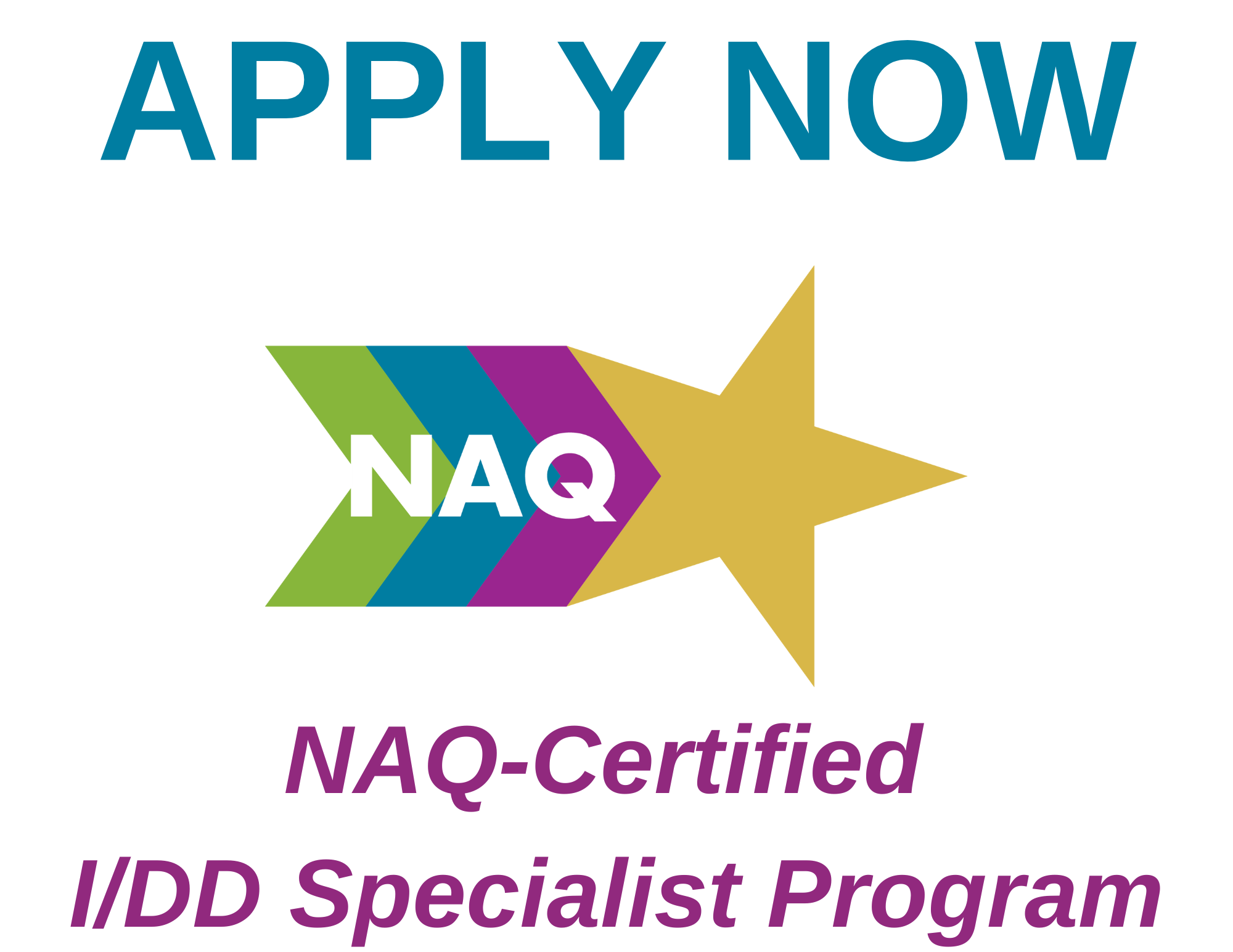Life's Best Possibilities
Soren Kierkegaard suggested many years ago that we can act and create with a passional sense of possibility to believe that things can get better and that we can get better as well. For those people who have a desire to serve and support others while working in a person-centered way that enables them to flourish and live their best possible life, we share the following foundational thoughts for your reflection.
- The greatest satisfaction and meaning in life comes through serving others.
- Others get better when we get better.
- We get better through planning and the choices we make.
- Person-centered planning is especially valuable to people who may be living vulnerable lives.
- Person-centered planning is more about who we are becoming than what we are achieving.
- Person-centered thinking and planning helps us to live our best possible life.
Almost all of us plan, and some plan better than others. But what’s the direct purpose of person-centered planning? We certainly argue that everyone needs to answer that question for themselves, but that response should lead to clarity of personal purpose and direction. Who doesn’t want to live their best possible life or desire that reality for those they love?
But don’t be discouraged or misled. That does not mean that such a goal is easy, quick or always fun.
After thought and research in the context of positive psychology, we interviewed many people with and without disabilities. Our conclusions let us to craft the following definition of one’s best possible life. It is also the design architecture of person-centered planning.
When we are living our “best possible life” and flourishing, we are
- Viewing and experiencing the world positively
- Learning from the lessons of yesterday
- Enjoying today and looking forward to tomorrow
- Acting on the opportunities and possibilities that present themselves today and in the future.
Note that this definition also serves as a positive affirmation, and is meant to be motivational and aspirational. It’s an ideal representation that certainly includes an understanding that life is not without problems, distractions and struggles.
Let’s look more closely at the definition:
- Viewing and experiencing the world positively
This does not mean that people are being asked to lie to themselves about the realities of today’s world, but rather face their circumstances with a positive frame of mind. Things can get better.
- Learning from the lessons of yesterday
This is about self-reflection and personal growth, noting and retaining good thoughts, experiences and positive actions that should be continued. It isn’t just about recognizing the mistakes that were made and should be avoided in the future.
- Enjoying today
We need to remember that yesterday and tomorrow are just thoughts and constants in our mind. Today is all we have, and we need to be present in and grateful for every moment. Enjoying today is not about waiting for better moments or “killing time.”
- Looking forward to tomorrow
Anticipating the joys or happiness of tomorrow is an extension of hope. It’s about looking forward to seeing someone, attending an event, going to work. The anticipation of positive or fun adventures or experiences, such as a holiday celebration, are meaningful events in our lives. Looking forward to something good happening is a powerful motivator. Interestingly enough, there are those occasions where thinking about something in the future generates good feelings in the present.
- Acting on the opportunities and possibilities that present themselves today and into the future
There are those times in our life when an acted-upon opportunity has changed our life. All of us have taken some and missed some. So often we fail to act because the possibility or opportunity seems too risky, or we are not curious enough. We must first of all be mindful of opportunities and actually look for them. This is not the same as being ‘opportunistic.’
As previously stated, this definition of “our best possible life” basically serves as the architecture or structure for a person-centered plan. It is not meant to provide the content—that is up to each person. The definitional elements provide the opportunity to answer the question “How do I think about that element, and what has to occur for that to unfold or develop in my life?”
Such an approach leads to the development of goals and objectives that impact one’s entire life, not just a part of it. As a result, a person’s life changes and progress is made day by day.
Each of us is unique. In fact, we vary in what brings us enjoyment today, what we look forward to tomorrow and even what we see as opportunities or possibilities. Values and variables that so deeply affect our lives are the focus of our person-centered plans and should also be of prime concern and interest if we are assisting others in developing plans for their future.

|



